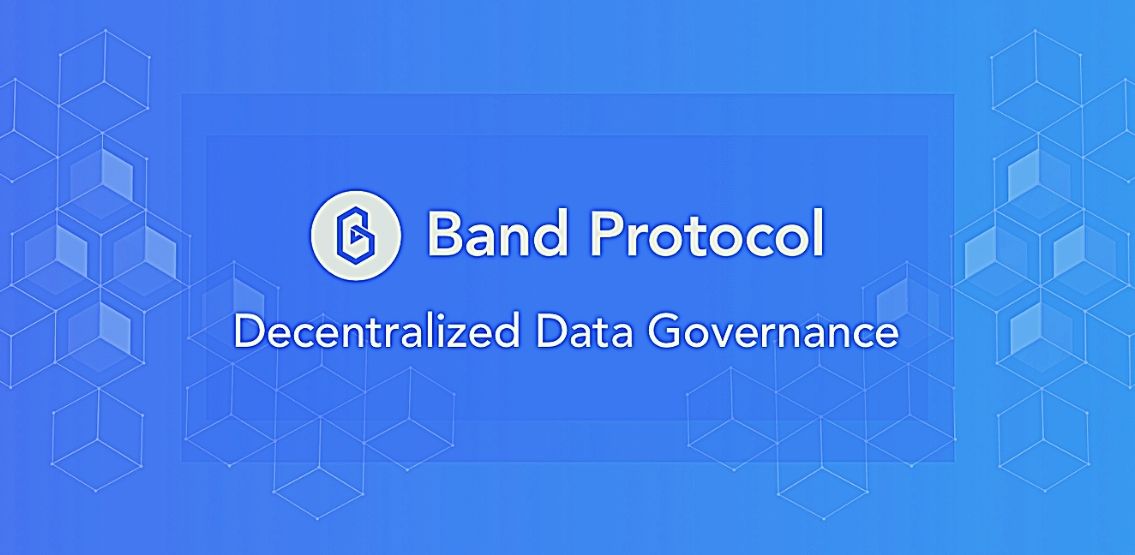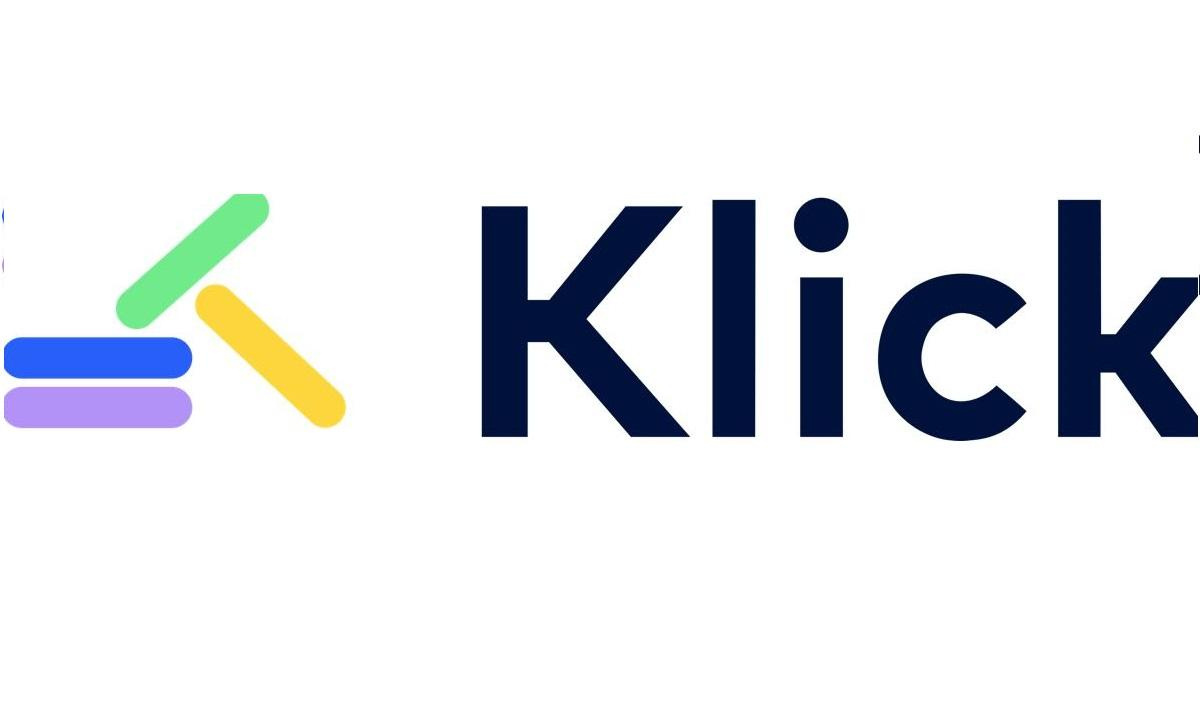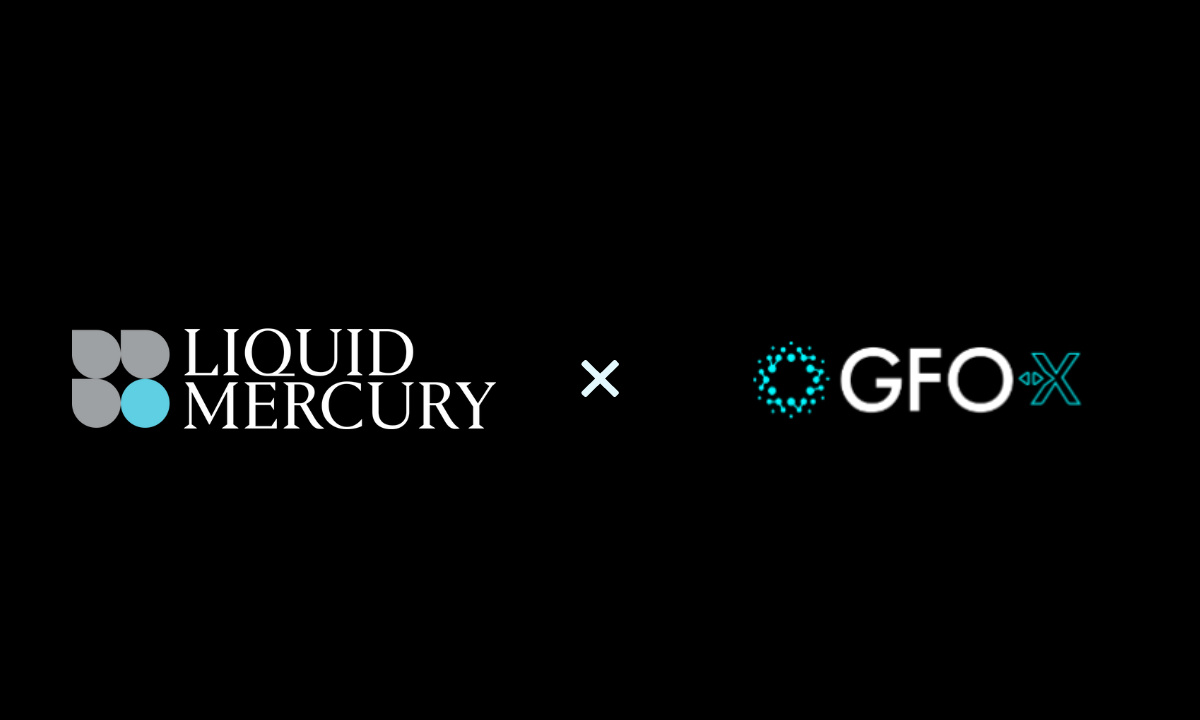Table of Contents
- Band Protocol Is Ready To Begin Upgrading BandChain
- Preparations Are On For The Mainnet Launch
- Joining GuanYu Testnet #4
- Migration Of GuanYu Testnet #4 to Laozi Testnet #1
- About Band Protocol
Band Protocol's Phase 2 has moved a step closer to the Mainnet, with GuanYu Testnet #4 migrating successfully to Laozi Testnet #1. As per their tweet, the team states that the current testnet will be stress-tested with Mainnet usage to ensure a sustainable network upon the migration in production.
Band Protocol's community has grown in terms of validators and developers and boasts of a massive increase in the number of oracle requests. This signifies that there is an increase in the adoption of the protocol.
Band Protocol Is Ready To Begin Upgrading BandChain
After a successful migration, Band Protocol is set on improving the economy of BandChain in Phase 2, aka Laozi. It will provide new features which allow institutional data providers to accrue fees from oracle requests.
Data providers can also send oracle requests across other Cosmos-based chains using the IBC protocol. Cosmos SDK's stargate version has features that will improve performance, cross-chain compatibility, and scalability of the BandChain decentralized oracle network.
Preparations Are On For The Mainnet Launch
The migration test on the testnet allowed the team to prepare for the public upgrade from GuanYu to Laozi on the Mainnet. The process ensures the migration is not prone to errors and unforeseen circumstances.
The migration will be a coordinated process similar to the previous Wenchang to GuanYu test migration. Validators can stop, export, and upgrade their genesis files to start a Laozi node with the exported chain state.
The migration process used the GuanYu Testnet#4 as it contained the expected genesis data to simulate tests in an environment similar to the production's migration. The team also ran the current GuanYu Testnet#3 as the main testnet for developers during the test migration process.
The steps undertaken for the validator participation in the test migration process are:
- Join GuanYu Testnet #4 (node operation on GuanYu Testnet #3 continues)
- Migrate GuanYu Testnet #4 to Laozi Testnet #1
- When Laozi Testnet #1 is stable enough, GuanYu Testnet #3 will be deprecated
Joining GuanYu Testnet #4
The team at Band Protocol shared a step-by-step process to help users join the GuanYu Testnet #4 as a validator. The upgrade is now under production, and validators who haven't maintained an oracle provider status and don't migrate to Laozi will receive fewer rewards.
Validators were asked to migrate to the new GuanYu Testnet #4 at the earliest to best prepare for the mainnet migration. By participating in the test migration, they are familiar with the mainnet process and first-movers once the upgrade in production is completed.
Migration Of GuanYu Testnet #4 to Laozi Testnet #1
The migration process from GuanYu Testnet #4 to Laozi Testnet #1 was conducted on Thursday, May 13th at 2:00 PM UTC. This required all validators to join GuanYu Testnet #4 and have at least one engineer present.
The team will perform testing in various cases and scenarios after Laozi Testnet #1 has been launched successfully to ensure this version is ready for Mainnet usage. It will also ensure the network operates as expected and developers can integrate BandChain before upgrading on the Mainnet.
About Band Protocol
The cross-chain data oracle platform aggregates and connects real-world data and APIs to smart contracts. As blockchains cannot access off-chain data securely, Band Protocol enables smart contract applications such as DeFi, prediction markets, and games to be built on-chain without relying on a single centralized node.
Band Protocol is backed by a strong network of stakeholders, including Sequoia Capital, one of the top venture capital firms in the world, and Binance Smart Chain, one of the leading cryptocurrency exchanges in the world.
Disclaimer: This article is provided for informational purposes only. It is not offered or intended to be used as legal, tax, investment, financial, or other advice.
Investment Disclaimer










